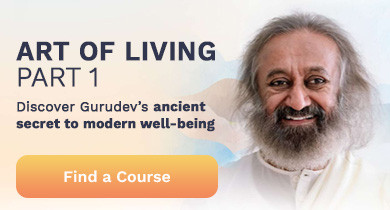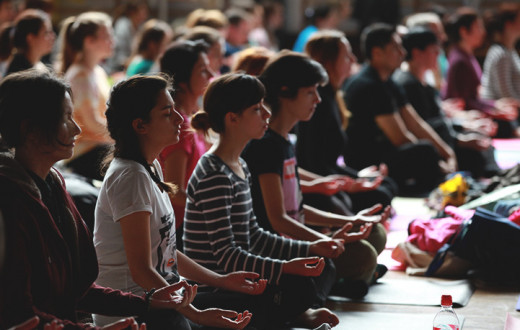By Elizabeth Herman | Posted: January 17, 2020
In 2018, charities in the US received $427.1 billion in donations. A good thing, to be certain, but what is the motivation behind this generosity? Why do we need to pay attention to what we’ve been taught about the nature of generosity? When I was younger, my grandmother encouraged me to be generous, because, as she told me at the time, she knew others would admire me and treat me well if I would. True generosity, however, doesn’t consider the rewards of giving, but gives without expectation of anything at all in return.
According to recent research, the human nervous system has a built-in rewards mechanism, whereby giving, with no expectations, still rewards you. The same pleasure centers that are activated by food and sex also receive rushes of joy due to altruistic behavior, according to a study cited by Elizabeth Svoboda in her article “Hard-Wired for Giving.”
The unsought benefits of selflessness
Do you want to live a longer, healthier, and happier life? Researcher Emma Seppala states that, “People who are more compassionate and generous end up being happier and healthier than others and live longer.” At the same time, you can’t only think of your own happiness and health and longevity when you’re in the process of giving with authentic generosity.
There are so many good causes and different areas where altruism is needed. “Whether you have a passion to support veterans, the environment, animals, or children, there are countless wonderful charities that can help you help them. And almost everyone can donate. In fact, research shows that middle-class families actually donate more per capita than higher-income families. When you compare people who have spent money on themselves versus on others, those who have spent money on others are happier,” continues Seppala.
This indicates the connectedness between those who need to receive and those who need to give. In one story about the desperate times of the Holocaust, a Jewish prisoner in a boxcar on an unheated train helped an older man on the same train to stay warm, thereby saving both of their lives. If he hadn’t reached out to save his elder, both of them might have died of frostbite. This extreme illustration reflects a phenomenon that commonly happens under adverse conditions, when saving another human being means saving oneself as well.
How to give without guilt
Secret giving means that no one in your life knows that you’ve given, including the receiver. Gurudev Sri Sri Ravi Shankar says, "Give in such a way that the other does not even feel they have taken. This is generosity, and this is the beauty.” But how does a giver prevent a recipient from feeling like a charity case? Giving anonymously may be one way. Another way may be to give them things with gratefulness and empathy, not with the expectation of thanks, self-glorification, or lifelong indebtedness.
The last thing most of us want to do when we display generosity is to make a needy person feel guilty or obliged to you for your gift. To avoid these pitfalls, it helps to uphold their dignity and give the best of what you have, not the worst. Keeping the gift and the source of the gift secret is another way. Expressing praise of the receiver is another way. Becoming part of their family or community, networking with them for employment, and working on worthwhile projects for the sake of the common good, all may also help.
An organization that facilitates kidney donation creates empowering relationships between organ donors and recipients, knowing the love between them can remove any sense of obligation. The gift of saving someone’s life becomes the real prize for the giver and communicating with mutual gratitude helps transmit the happiness on both sides.
The gift of simplicity
One common cause of stress is a cluttered home. When giving excess things to others who need them, such as clothes from an overcrowded closet, the order and simplicity that results in your home can provide as much relief in your life as in the reciever’s.
Especially for older Americans, who comprise an age group that’s growing faster than other US populations, downsizing through charitable donations has become a big trend. Giving to Goodwill and other thrift stores has become a necessary part of dealing with an estate left behind by older family members. And when customers shop at thrift stores, they have no idea who donated the items they buy, making your identity as giver secret as well.
As Gurudev Sri Sri Ravi Shankar says, “Generosity, or sharing what we have with those around us, is a divine quality.” We become closer to divinity when we act with generosity and expect nothing in return. The returns still come automatically, in the form of positive energy in the world and in our own lives, but we understand that they’re naturally, biologically, and socially endowed, not obligated or added burdens to drop in the laps of the needy.
Generosity shouldn’t only happen during holiday time, or on special days designated for giving. The practice of donation can happen all year long. By becoming more divine through the practice of everyday generosity, you’ll feel better about yourself through making the world better for other people. Whether you feel it or not, you and others are already connected.
Elizabeth Herman writes, offers writing support to clients, teaches, and volunteers for a better world. She has a PhD in Rhetoric, Composition and Literature. Find her on Facebook or Twitter.



















